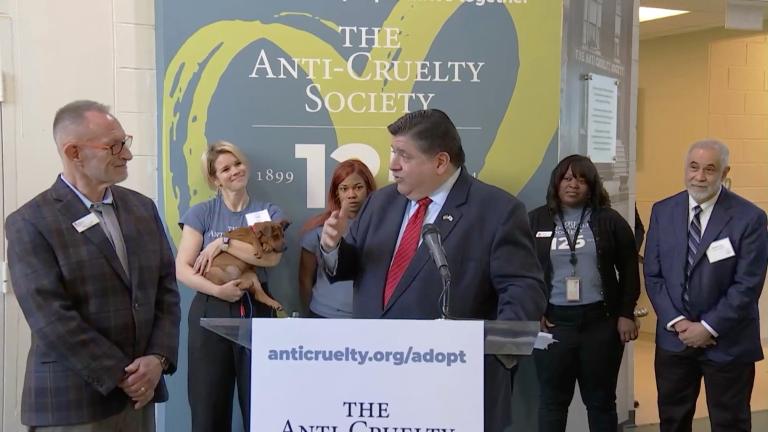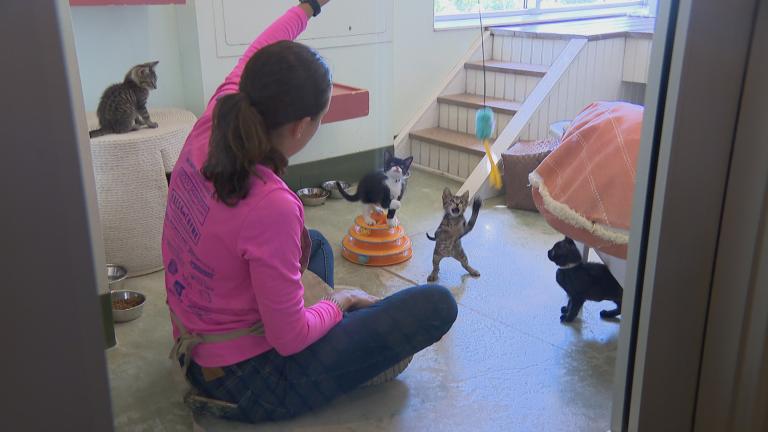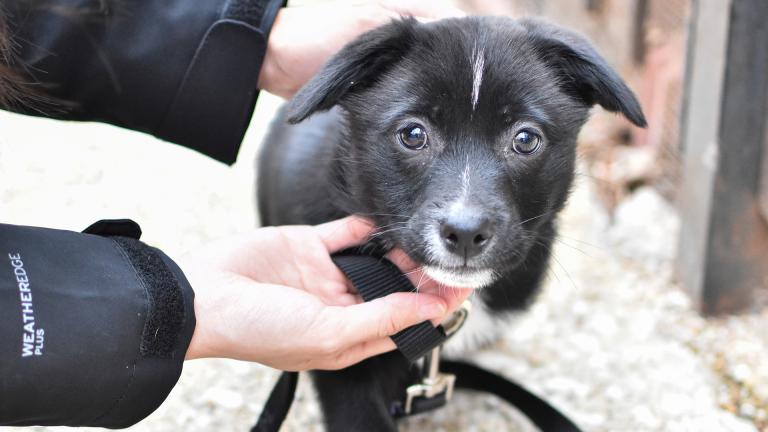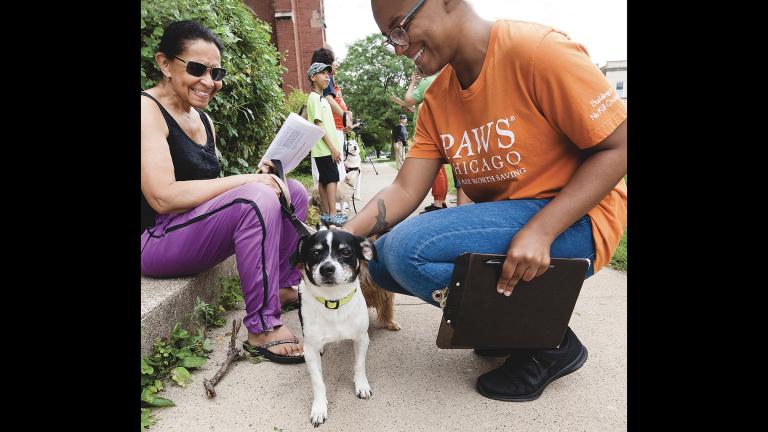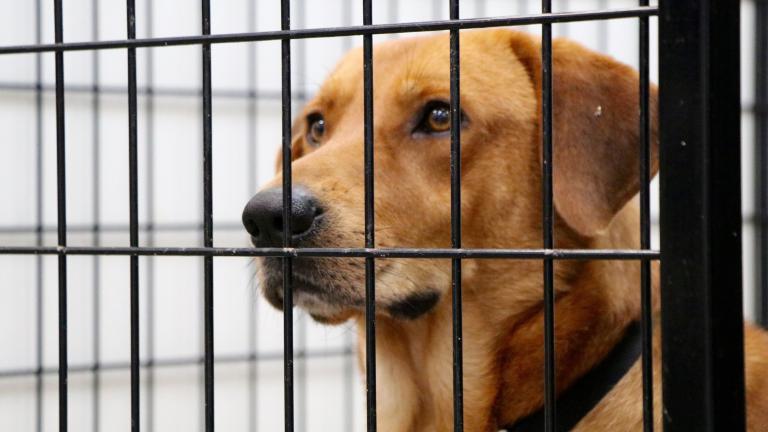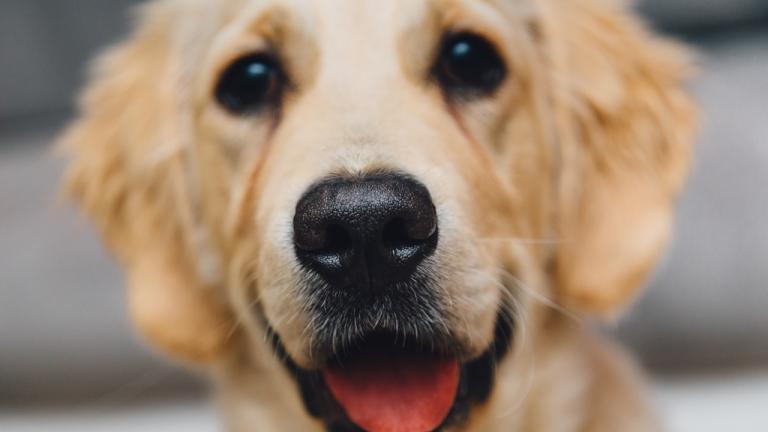Gov. J.B Pritzker proclaimed this week as Dog and Cat Adoption Week in Illinois as animal shelters face increased pressures with overcrowding in the years following the COVID-19 pandemic.
paws chicago
Paula Fasseas, founder and executive chairman of PAWS Chicago, said she started the shelter as a grassroots organization in 1997 after learning that every year more than 42,000 homeless animals were being euthanized in Chicago.
Chicago Animal Care and Control and PAWS Chicago pivoted to online pet adoptions when Illinois’ stay-at-home order was issued. We check in on how that’s been going — and how else the pandemic has impacted animal shelters.
Animal shelters are offering innovative ways to adopt pets during the statewide stay-at-home order. We reach out to two Chicago shelters to find out how the pandemic is changing their operations – but not their missions.
The no-kill animal shelter will expand services that have reached 13,000 pets and 6,600 families in Englewood since 2014 as it strives to be an “animal welfare anchor in a community where there are no other pet resources.”
Chicago’s largest no-kill animal shelter has opened its doors to dogs and cats from Louisiana, a state that has little room to house pets in need following devastating floods earlier this month.
Chicago animal shelters like PAWS are still coping with the spread of a new, highly contagious strain of canine influenza. In the U.S., the outbreak of the H3N2 dog flu virus was first found in Chicago last year. It's now spreading to western states.

